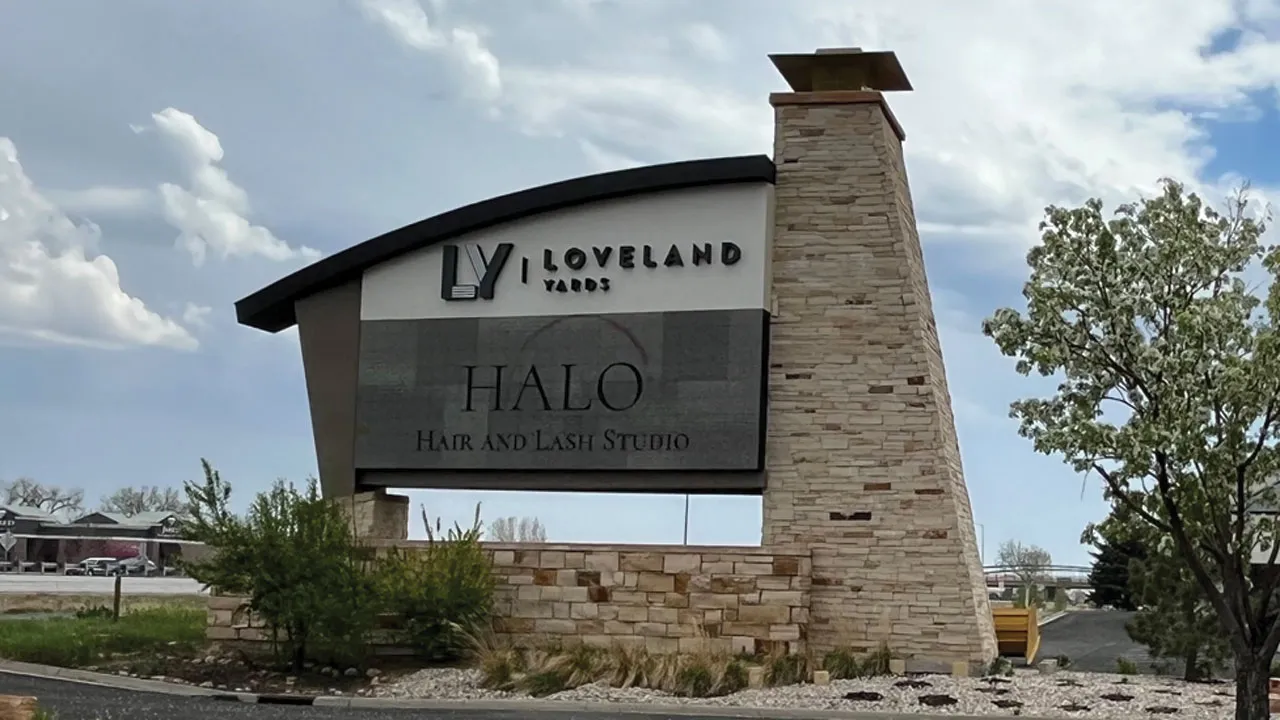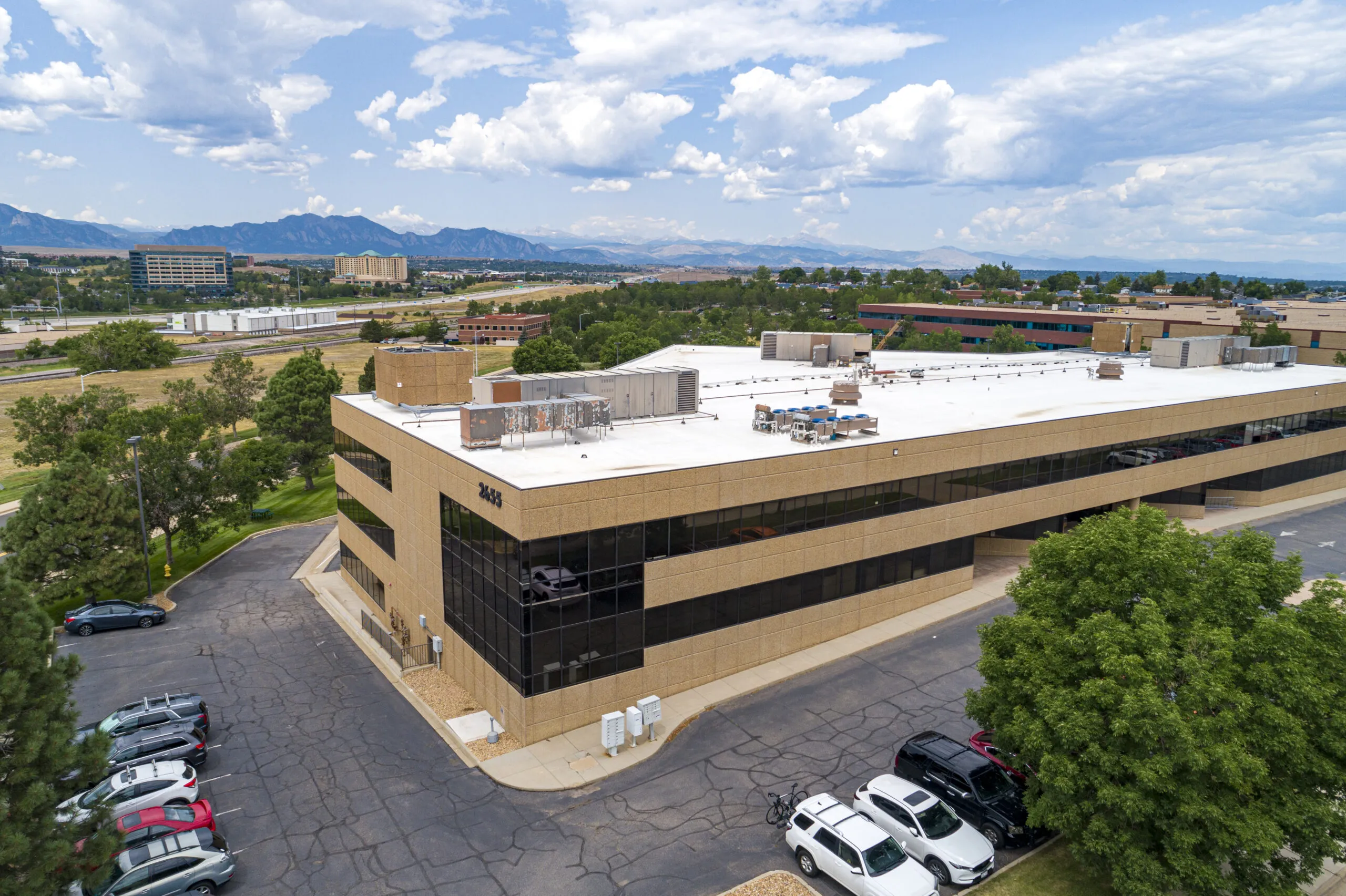‘Uncertain,’ but Loveland developments continue
Economic activity takes unsettled tone

“Uncertainty” might be the operative term for those doing or seeking to do business in Loveland.
THIS ARTICLE IS FOR SUBSCRIBERS ONLY
Continue reading for less than $3 per week!
Get a month of award-winning local business news, trends and insights
Access award-winning content today!
Already have a paid subscription?
Sign in with GoogleSign in with Google




